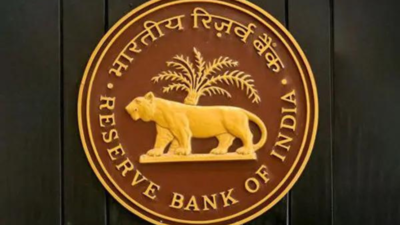NEW DELHI: Dominance of
fossil fuels
in
electricity generation
in India will end by the end of the decade said Reserve Bank of India in its latest report.
The report also noted that the
renewable energy
is expected to cross 50 per cent share in electricity generation globally. It added that the energy transition has accelerated in recent years, with the pace of
clean technology
deployment and capital investment surging to record levels.
“The era of fossil fuels’ dominance is coming to an end, with renewables expected to cross 50 per cent share of electricity generation globally by the end of this decade” said RBI.
It added that the rise of cleaner power generation offers a valuable window to address “hard-to-abate” sectors such as steelmaking and aviation, where low-carbon alternatives are still in their nascent stages. The central bank also highlighted that the importance of increasing investments in low-carbon energy.
“Cleaner power generation can drive bulk of the aggressive emissions cuts that are urgently needed, enabling more time to tackle ‘hard-to-abate’ areas like steelmaking and aviation, where cost competitive low-carbon solutions have yet to scale” added RBI.
The report pointed out that for every dollar invested in fossil fuels, an average of three dollars needs to be allocated to renewable energy in the coming years, a substantial increase from the current ratio, where both sectors receive equal investment. A tripling of renewable energy capacity by 2030 is seen as essential to meeting net-zero emission targets by mid-century.
“On the energy supply side, for every US dollar that goes to fossil fuels, an average of USD 3 needs to be invested in low-carbon energy over the remainder of the decade” RBI said.
The RBI highlighted that a fully decarbonized global energy system by 2050 will come at an estimated cost of USD 215 trillion, the report projects.
However, the report remains optimistic about the ongoing efforts in greening the financial sector, stressing that finding the right balance between public policy interventions and market-based competition will be key to achieving this ambitious energy transition.
The central bank also noted that financial inclusion has seen significant improvement as the world continues to advance toward a more sustainable energy future.


